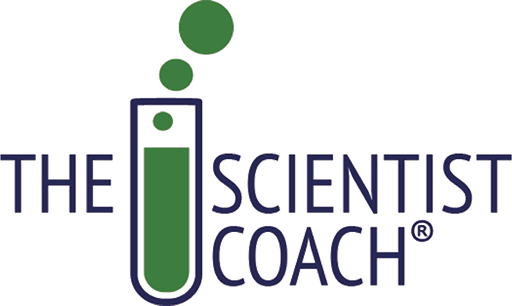Over the past few years, as I’ve worked with young scientists on their career plans, I’ve noticed a common trend. Many tend to fixate solely on the ultimate goal of securing a job.
While getting a job is undeniably important, starting with scanning job postings and skipping the necessary preparatory steps can inadvertently complicate the process.
Career planning involves much more than just browsing job postings and drafting applications. In this blog post, I will introduce you to some of the different facets of this comprehensive process.
Don’t just hunt for jobs, but grow your career!

1. Know yourself and your goals
The journey begins with self-awareness. Take the time to introspect and identify your interests, values, and competencies. What are you passionate about in your work? What are your unique skills and competencies that set you apart from others? Why do you do what you do?
Understanding yourself and setting clear and achievable goals, is the foundation upon which your career will be built. Having clear goals that align with your self-discovery provides direction and motivation
2. Explore the job market
Once you’ve gained self-awareness, the next step is to explore career options. Network with professionals in roles that interest you, review job postings, attend career events, and keep up with trends in your field. Each of these steps expands your career horizons and opens up new opportunities.
3. Build relationships and learn from others
Networking is about cultivating meaningful relationships. It’s the foundation of professional growth and opportunity. Attend conferences, seminars, and workshops, and engage in conversations with peers, mentors and people who work in jobs that interest you.
Networking not only opens doors to opportunities but also provides valuable insights from those who’ve been there before you.
4. Prepare and promote yourself
Learning should never stop. Continue your education, attend workshops, and seek out opportunities to expand your knowledge and skills. Develop a compelling elevator speech and a unique narrative that aligns with your career goals.
Translate your academic skills into the language of your desired field, acquire essential competencies, and gain practical experience. This will help you build a strong personal brand as a dedicated and knowledgeable professional.
5. Creating the perfect application
When the time comes to apply for a job, take the time to create a customized application. Your CV, cover letter, and other documents should demonstrate your qualifications and enthusiasm for your chosen career path.
Additionally, prepare for job interviews by practicing with mock sessions to refine your answers and build confidence. Thoroughly research potential employers, align your application with their goals, highlight soft skills, and follow up after submitting your application.
These steps will not only increase your chances of landing a job but also ensure you’re well-prepared for successful interviews.
Keeping track of everything
At this point, you might be wondering how to keep track of all these aspects of career planning.
That’s why I’ve designed a career planning overview checklist, a valuable tool to help you assess and track your progress in all these areas.
Download it for free here at the Scientist Coach Career Academy, and let it guide you through your career planning journey.
Happy navigating!
Dr. Iris Köhler – The Scientist Coach
Photo: iStock.com / TG23
